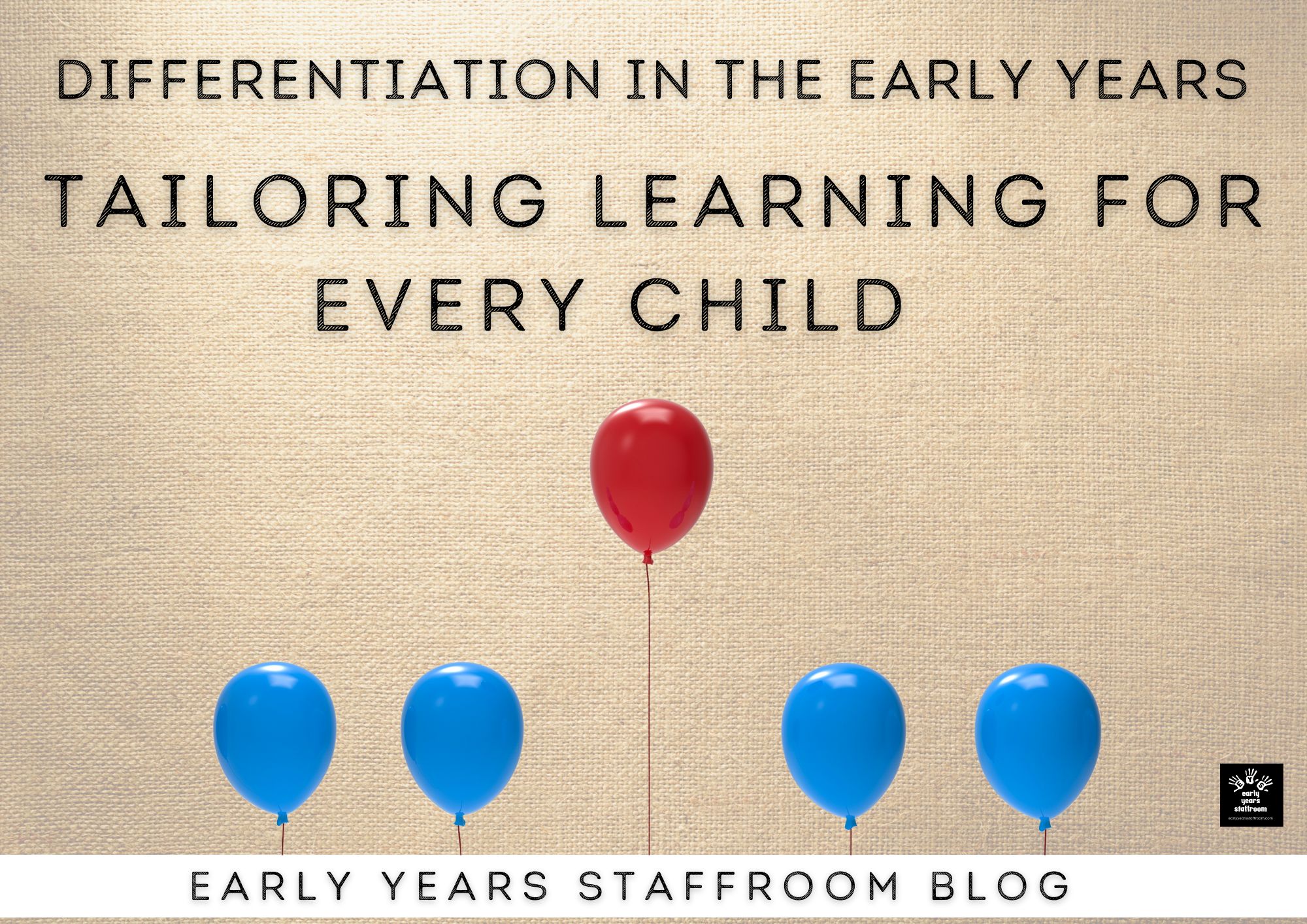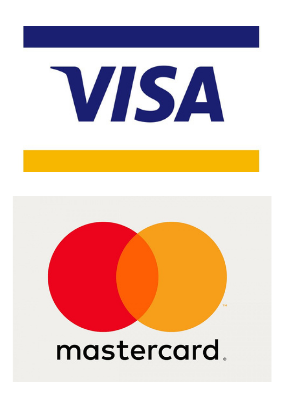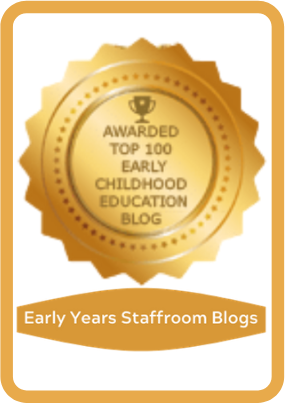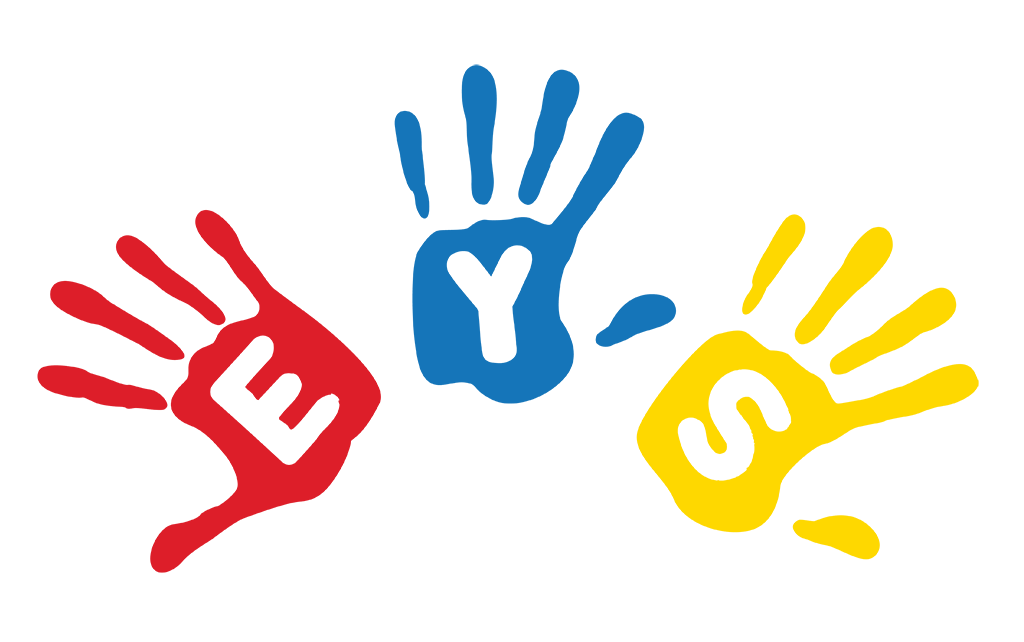Differentiation in the Early Years: Tailoring Learning for Every Child
Differentiation in the early years of education is a crucial approach that ensures each child’s unique needs, abilities, and interests are met, fostering an inclusive and effective learning environment. Early childhood educators face the challenge of
catering to a diverse group of learners, each with varying developmental stages, learning styles, and backgrounds. By implementing differentiation strategies, teachers can create a dynamic and supportive classroom where every child has the
opportunity to thrive.
Understanding Differentiation
Differentiation is the process of modifying instruction to meet the individual needs of children. It involves providing different children with different avenues to learning, often in the same classroom.
The goal is to maximise each child’s growth and success by meeting them where they are and helping them to progress.
Key Elements of Differentiation
What Children Learn
- Varied Reading Materials: Offer books and resources at different reading levels to cater to diverse literacy skills.
- Thematic Units: Use broad themes that can be explored in various ways, allowing children to connect with the content according to their interests and abilities.
How Children Learn
- Flexible Grouping: Organise children into small groups based on their skill levels or interests for certain activities, ensuring that each group receives instruction that is appropriately challenging.
- Learning Centres: Create stations with different activities that address various learning styles—visual, auditory, kinaesthetic—allowing children to choose tasks that best suit their preferences.
How Children Demonstrate Learning
- Choice Boards: Provide a range of options for children to show what they have learned, such as drawing, storytelling, building models, or acting out a scene.
- Individual Projects: Encourage children to undertake projects that reflect their interests and abilities, providing guidelines that are flexible enough to accommodate various outcomes.
Learning Environment: Where Learning Happens
- Adaptable Classroom Layout: Arrange the classroom to include quiet areas for focused work, collaborative spaces for group activities, and hands-on zones for experimental learning.
- Inclusive Atmosphere: Foster a classroom culture that celebrates diversity and encourages mutual respect, helping children feel valued and understood.
Strategies for Effective Differentiation
Assessment for Learning
- Ongoing Observations: Regularly observe and document children’s progress to understand their strengths and areas for growth.
- Formative Assessments: Use informal assessments such as checklists, anecdotal records, and children reflections to gather insights into each child’s learning journey.
Individualised Instruction
- Personalised Learning Plans: Develop learning plans that set specific goals and outline strategies tailored to each child’s needs.
- Targeted Interventions: Provide additional support or enrichment activities for children who need extra help or who are ready for more advanced challenges.
Engaging Families
- Regular Communication: Keep parents informed about their child’s progress and involve them in the learning process through conferences, newsletters, and classroom visits.
- Home Learning Activities: Suggest activities that families can do at home to reinforce and extend classroom learning, ensuring continuity and support.
Benefits of Differentiation in the Early Years
Promotes Equity: Ensures that all children, regardless of their starting point, have access to meaningful learning experiences.
Enhances Engagement: Tailored activities that resonate with children’s interests and abilities keep them motivated and excited about learning.
Builds Confidence: By experiencing success at their own level, children develop a positive self-image and a love for learning.
Fosters Independence: Encourages children to take ownership of their learning, making choices and setting goals that reflect their personal interests and strengths.
Challenges and Considerations
Time and Resources: Differentiation requires careful planning and adequate resources, which can be challenging for teachers with limited time and materials.
Professional Development: Ongoing training and support for teachers are essential to develop effective differentiation strategies and share best practices.
Balancing Needs: Finding the right balance between addressing individual needs and maintaining a cohesive classroom community can be complex.
Conclusion
Differentiation in the early years is a powerful approach that acknowledges and celebrates the unique qualities of each child. By adapting content, process, product, and the learning environment, educators can create a rich and inclusive educational experience.
While it comes with challenges, the benefits of fostering a love for learning, promoting equity, and building confidence make differentiation an essential practice in early childhood education. Through thoughtful planning, continuous assessment, and collaboration with families, teachers can ensure that every child embarks on a successful and fulfilling learning journey.










